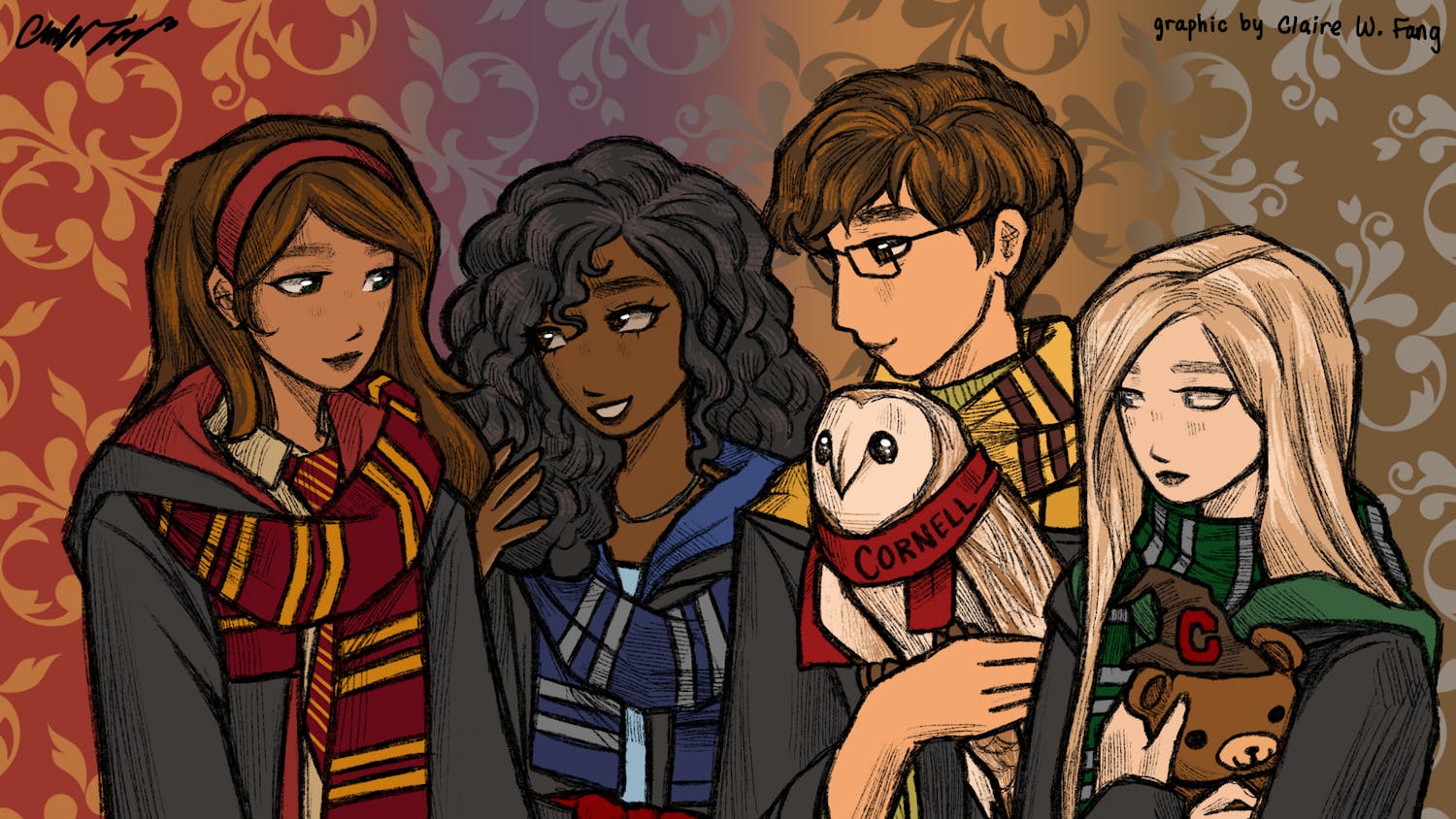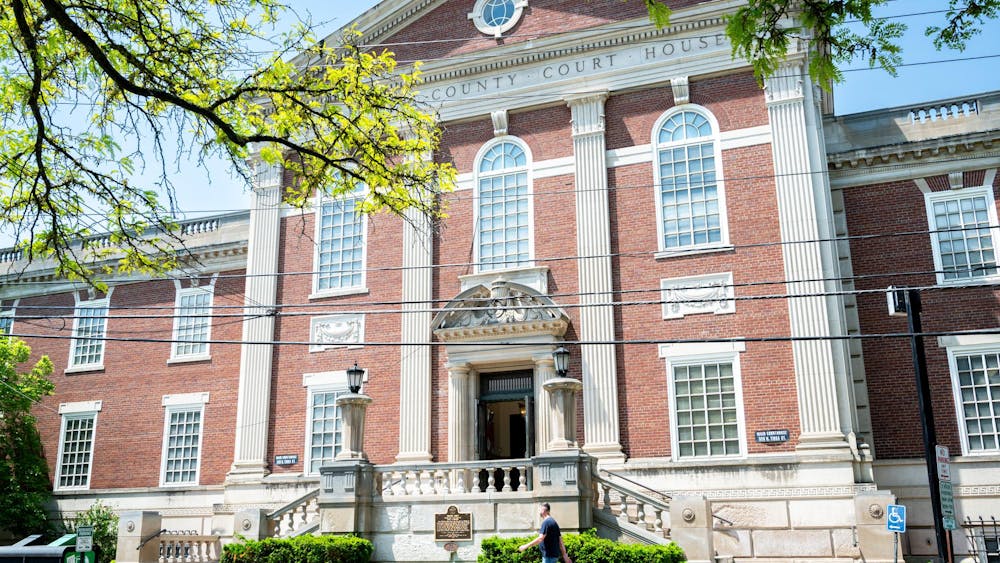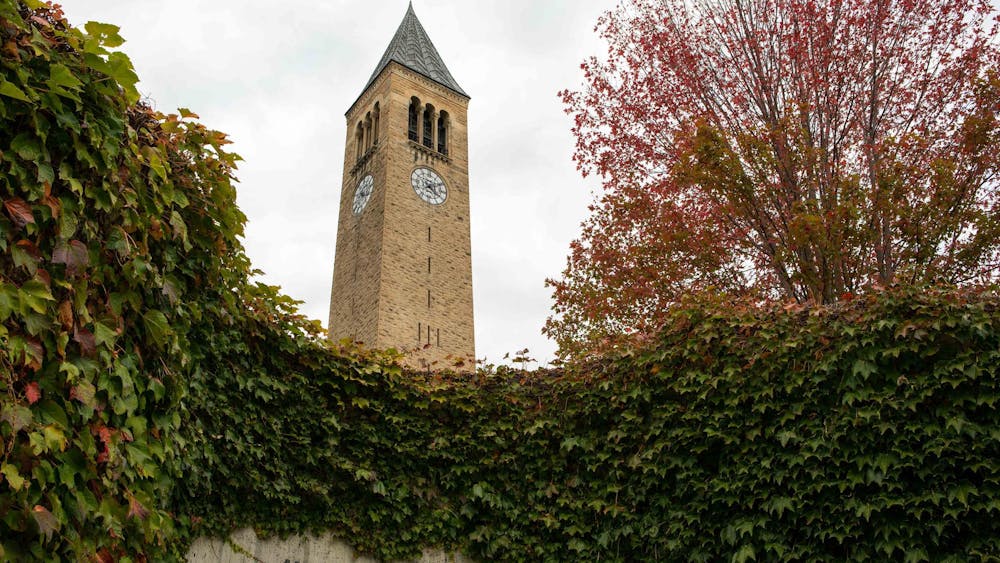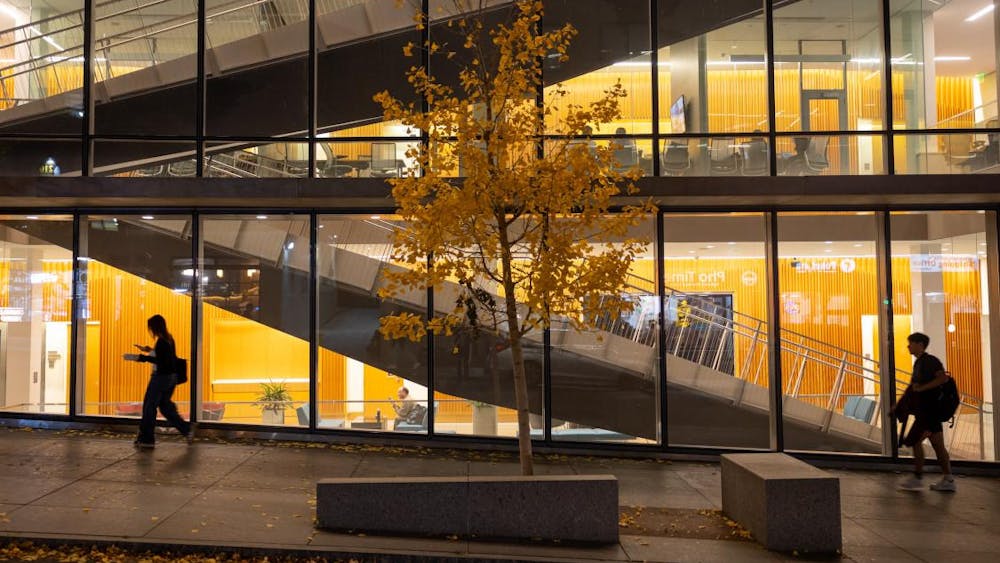When I chose Cornell University and the College of Agriculture and Life Sciences, I envisioned a unique blend: Ivy League rigor coupled with the practicality of a land-grant institution. But shifts in institutional priorities and administrative decisions have cast a shadow over that vision, leaving me to question whether the very decisions meant to strengthen Cornell are, in fact, diluting the value of my degree. Cornell's recent push for self-sufficiency within CALS is inadvertently diminishing the value of its degrees by fostering academic silos, limiting interdisciplinary exposure and obscuring student achievement.
CALS’ Internal Faculty Push is Undermining Interdisciplinary Rigor
CALS' increasing push to hire its own faculty for foundational STEM courses like math and chemistry, driven by financial pressures, threatens the longstanding symbiotic relationship between CALS and the College of Arts and Sciences. Historically, shared courses and faculty fostered a sense of unity and intellectual cross-pollination. Now, as CALS becomes more insular, this connection weakens, directly impacting the strength of my CALS degree, which traditionally benefits from its integration with Arts and Science's broader expertise.
The 75-Credit Requirement Further Limits Intellectual Exploration
This drive for self-sufficiency extends beyond just staffing. To graduate, CALS students must now complete a minimum of 75 credits from within the college. This requirement, coupled with the shift towards CALS-specific STEM instruction, creates a concerning feedback loop: By teaching its own foundational courses, CALS further incentivizes students to remain within the college for their requirements, solidifying the separation from CAS and limiting intellectual exploration beyond CALS disciplines. When students from diverse backgrounds share classrooms and instructors, it cultivates mutual respect and strengthens Cornell’s overall reputation. But as CALS pulls away through these policies, I fear my degree, and others within the college, will lose that crucial connection.
Stripping Class Averages from Transcripts Hides Academic Achievement
This concern is amplified by the removal of class averages from student transcripts. This decision, purportedly made to address GPA disparities between colleges, has inadvertently disadvantaged STEM students. In demanding fields like Biology, a B+ might signify strong performance relative to a challenging class average. Without this context, my transcript fails to accurately reflect my academic standing, hindering my ability to showcase my achievements to potential employers.
As a biology student, concentrating in genetics, my academic performance is heavily weighted by the difficulty of the courses. A B+ in a class with a C average is significantly different than a B+ in a class with an A- average. However, the lack of a class average on the transcript obscures this information. This makes it difficult to present a comprehensive picture of my academic capabilities. This lack of context diminishes the perceived rigor of my coursework, ultimately devaluing the strength and competitiveness of my Cornell degree.
Prioritizing Pragmatism Risks Long-Term Prestige
These decisions signal a trend of prioritizing financial pragmatism and internal divisions over long-term educational quality and interdisciplinary collaboration. While I understand the need for fiscal responsibility, these changes feel like a devaluation of the academic experiences that drew me to Cornell. What was once an institution that championed academic rigor and interdisciplinary collaboration now seems to prioritize practicality and internal competition over intellectual depth and a unified academic experience.
The financial motivations for increased CALS credits are clear: retaining tuition revenue. However, this approach comes at a cost. With only 120 total credits required for graduation, the 75-credit mandate leaves little room for exploration. I am already struggling to reach even 55 CALS credits due to my pursuit of Arabic language studies and a minor in public policy, and this policy actively discourages the broad, liberal arts-infused education I value.
This trend incentivizes a curriculum focused solely on CALS disciplines, limiting exposure to diverse perspectives and critical thinking skills. It feels as though Cornell is subtly pushing students away from a comprehensive education, towards a specialized — and less intellectually diverse — path. This risks producing graduates with a narrower range of skills, ultimately undermining the value of a Cornell degree.
Don’t Abandon the Vision — Strengthen It
Cornell’s land-grant mission, a cornerstone of its identity, is about fostering collaboration and maintaining high standards. If CALS and Arts and Sciences are pushed further apart, this collaborative environment will suffer, and the value of a Cornell degree will diminish.
I am not advocating for CALS to abandon its pursuit of financial independence. However, I implore the administration to consider the long-term consequences. Eroding these connections, even for practical reasons, risks diluting the prestige that makes a Cornell education so coveted.
Students deserve — and should advocate for — greater flexibility to pursue interdisciplinary interests. There should be more institutional support and clearer pathways for those who want to explore beyond the boundaries of their home college. The lines between CALS and Arts and Sciences shouldn’t be walls; they should be bridges.
This burden shouldn’t fall solely on the individual. The real change must come from the top. The administration needs to re-evaluate whether these policies are truly serving students, or just serving spreadsheets. Because what’s being lost in the name of finances is far more valuable than what’s being gained.
A Pilar of Thought offers a fresh lens on the overlooked corners of our Campus. Through this column, Pilar Seielstad delves into situations often unseen or unacknowledged, bringing them into the light with a focus on facts and thoughtful analysis. Expect pieces that serve as food for thought, aiming to spark real conversation and offer new perspectives on the everyday. She can be reached at pseielstad@cornellsun.com.
The Cornell Daily Sun is interested in publishing a broad and diverse set of content from the Cornell and greater Ithaca community. We want to hear what you have to say about this topic or any of our pieces. Here are some guidelines on how to submit. And here’s our email: associate-editor@cornellsun.com.
Pilar Seielstad ’26 is an Opinion Columnist and a Biological Sciences student in the College of Agriculture and Life Sciences. Her column A Pilar of Thought offers a fresh lens on the overlooked corners of our campus. In her fortnightly column, she delves into situations often unseen or unacknowledged, bringing them into the light with a focus on facts and thoughtful analysis. Expect pieces that serve as food for thought, aiming to spark real conversation and offer new perspectives on the everyday. She can be reached at pseielstad@cornellsun.com.











